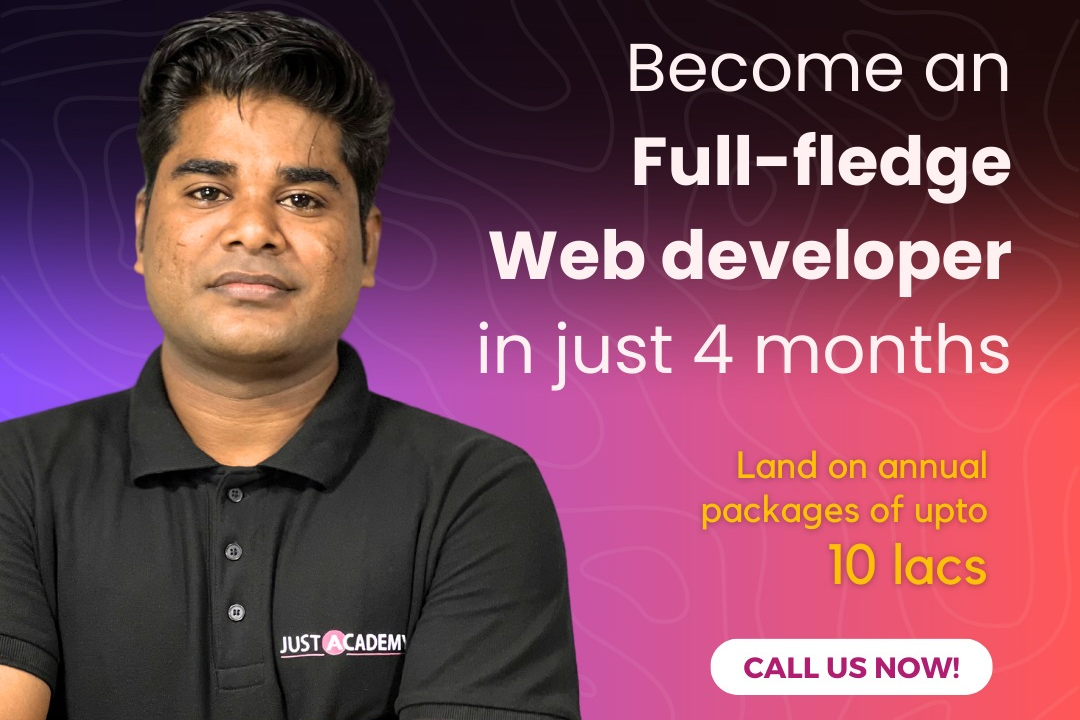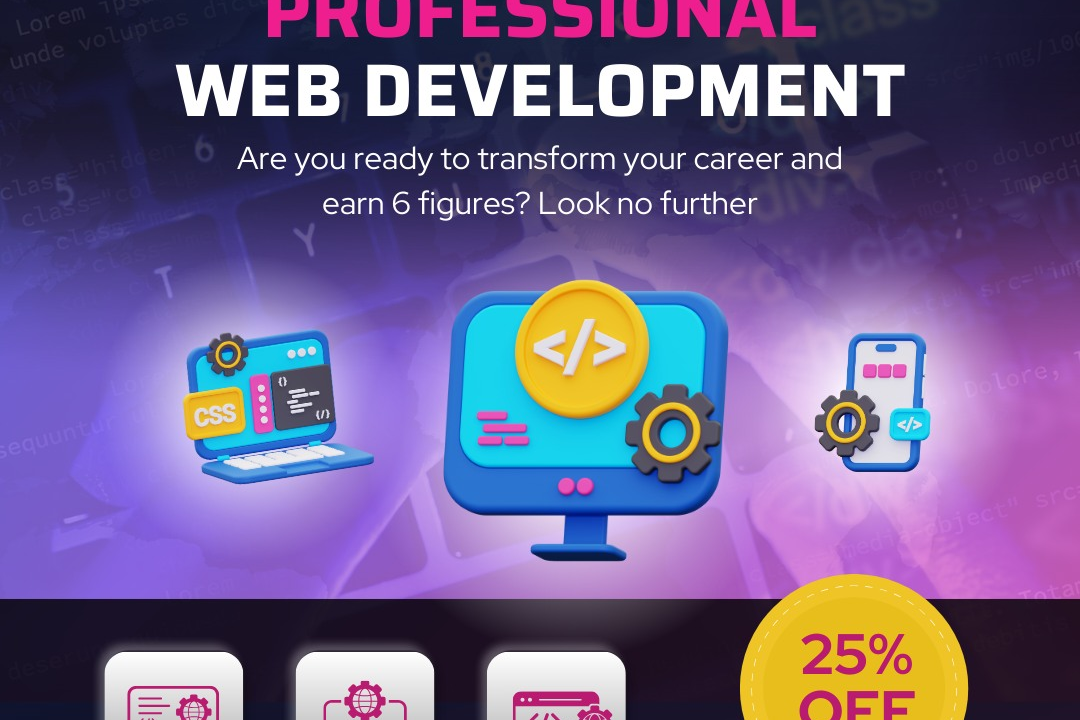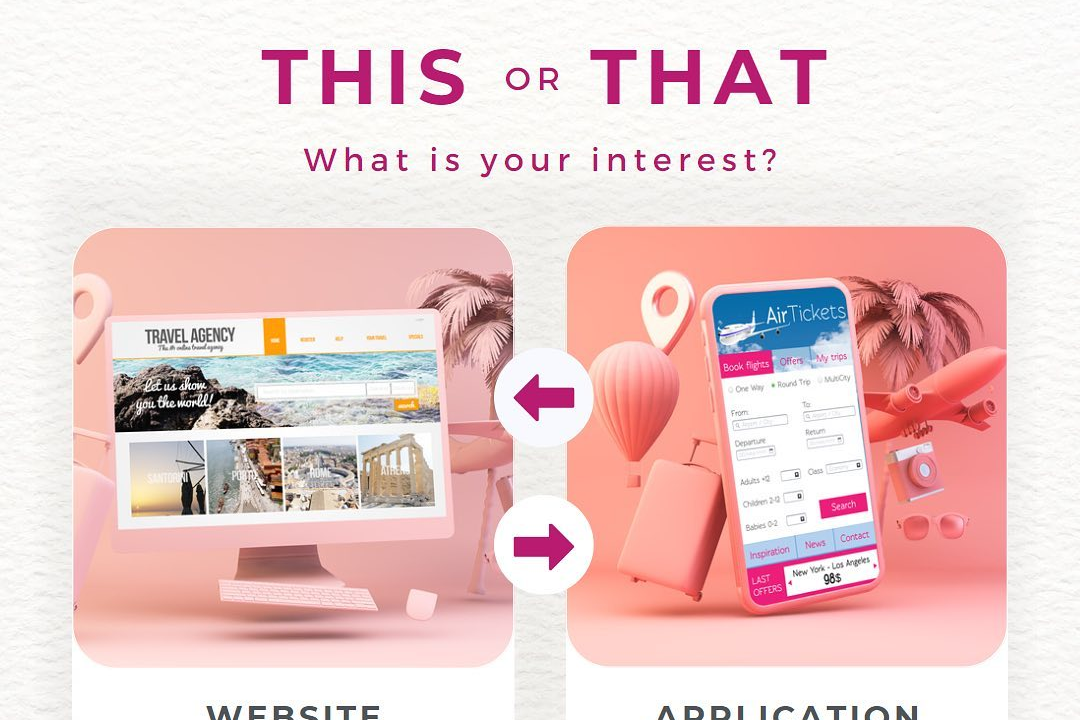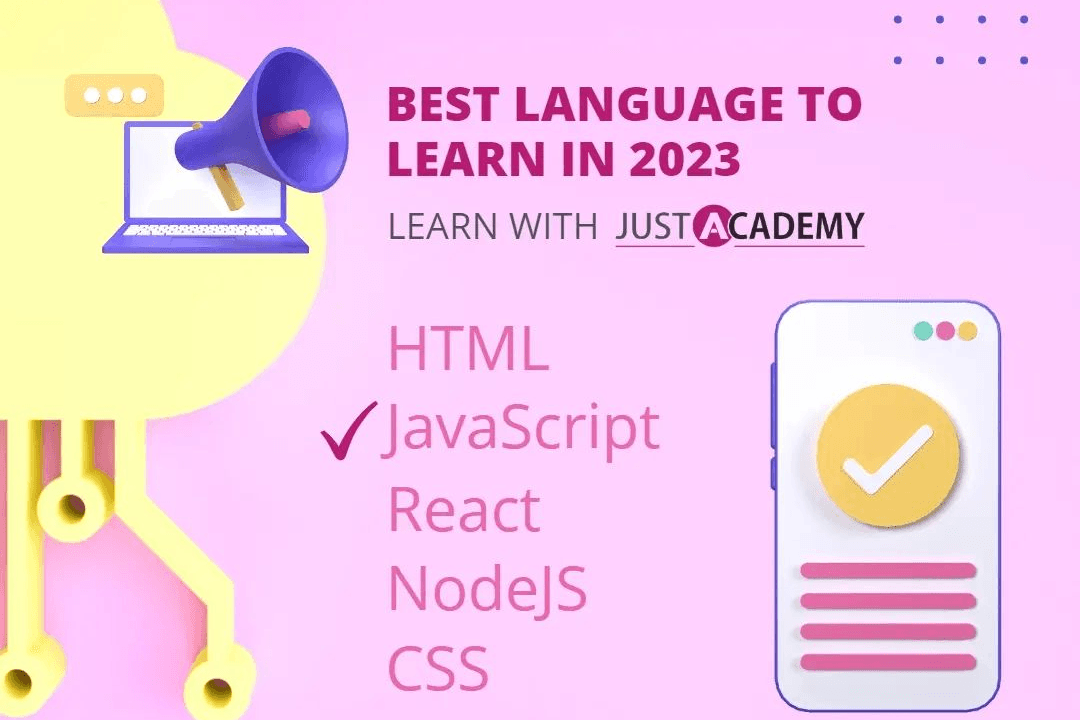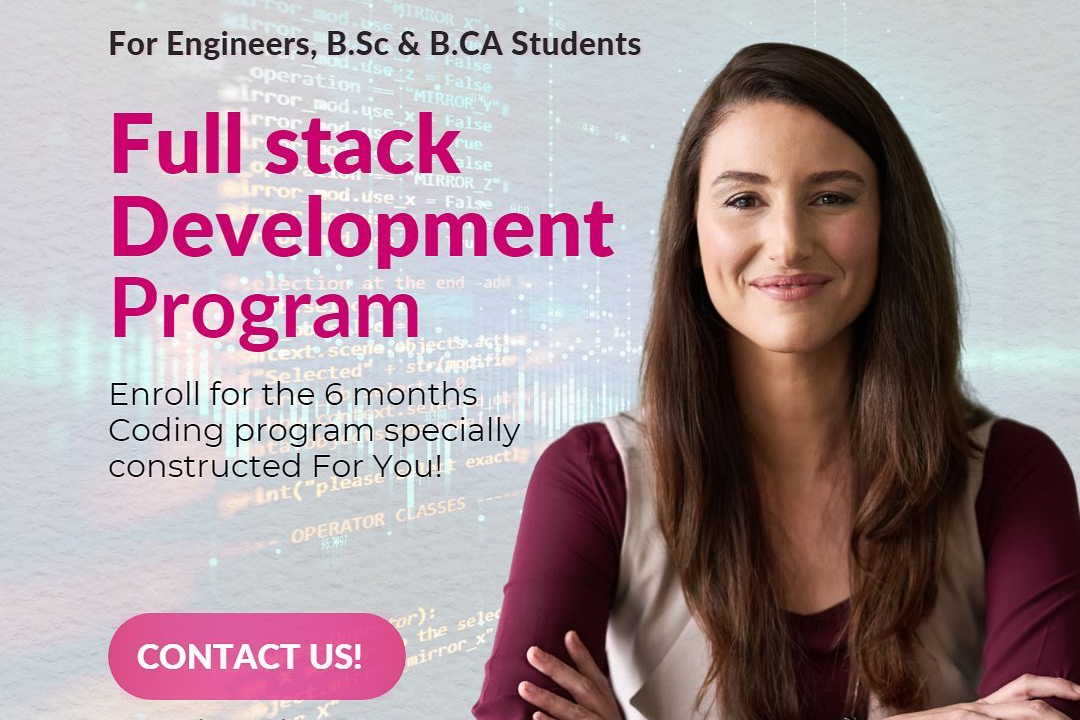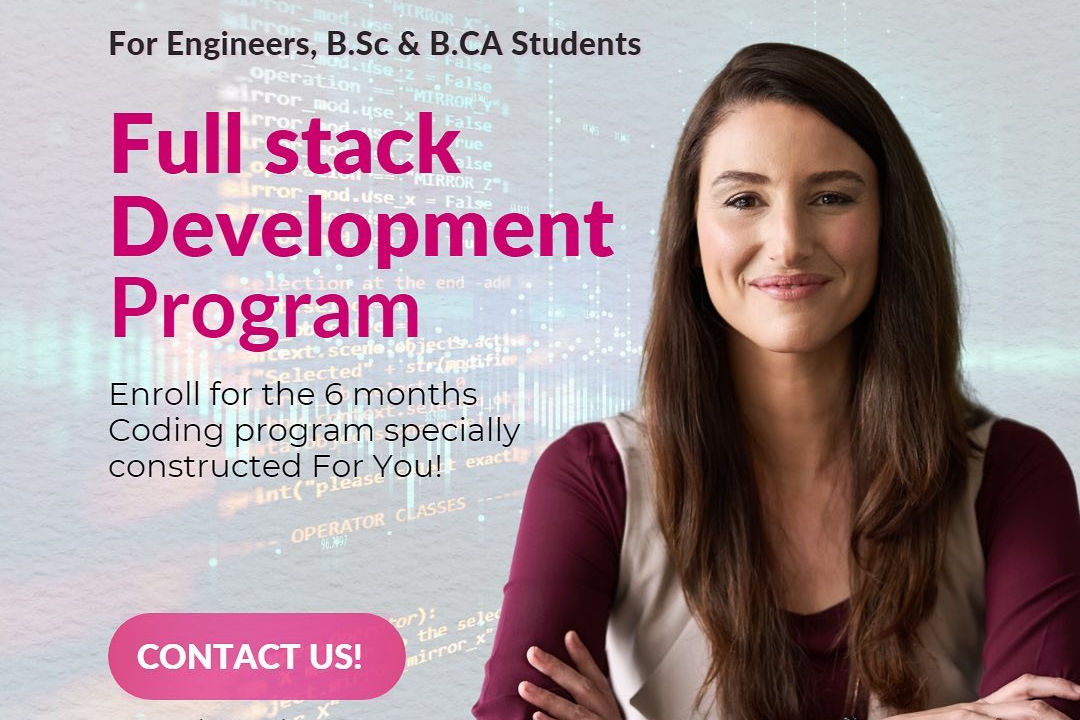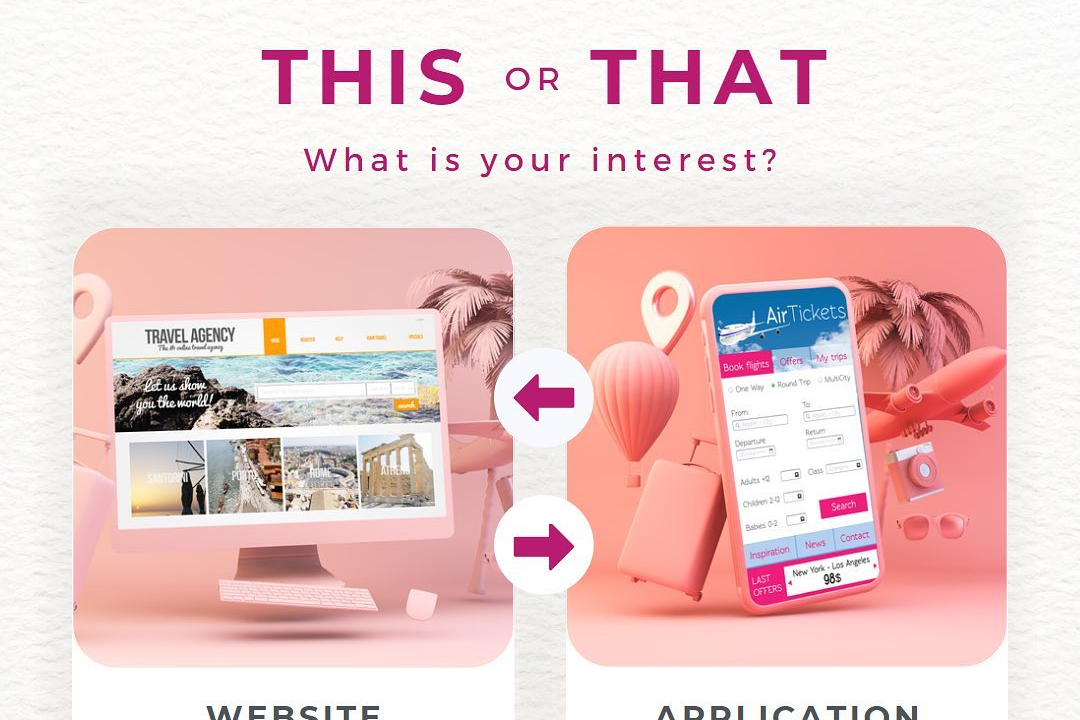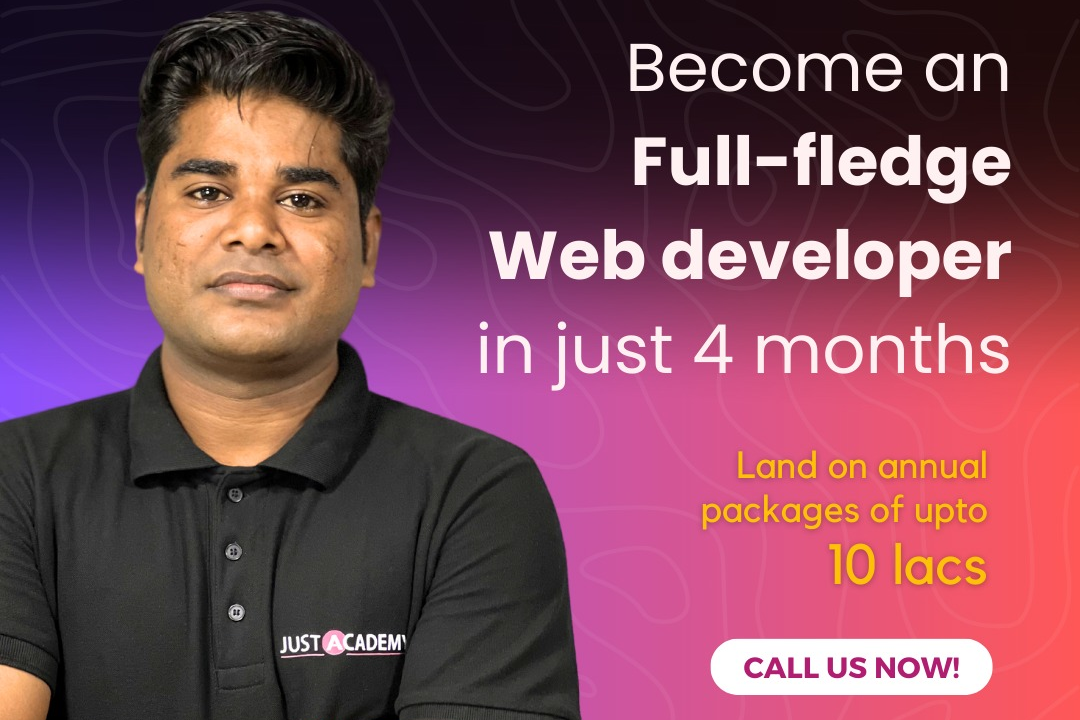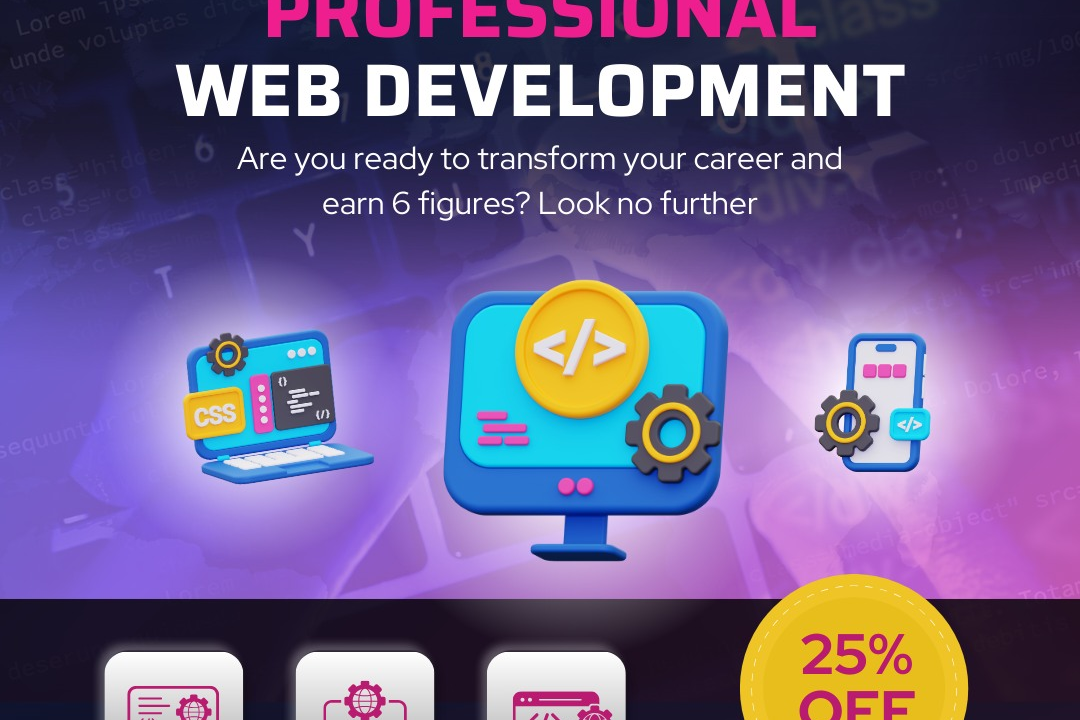Create Chat With Socket Programming In Php
Creating a chat application with socket programming in PHP involves utilizing a server-client model
Create Chat With Socket Programming In Php
Creating a chat application using socket programming in PHP offers an efficient way to facilitate real-time communication between users. Unlike traditional web applications that rely on constant HTTP requests, socket programming establishes a persistent connection that enables immediate data exchange. This interactivity is particularly beneficial for applications like support chats, online gaming, and collaborative tools, where instant messaging is essential. By leveraging PHP sockets, developers can build scalable and responsive chat solutions that enhance user engagement and satisfaction, making it a vital component in modern web development.
To Download Our Brochure: https://www.justacademy.co/download-brochure-for-free
Message us for more information: +91 9987184296
Creating a chat application using socket programming in PHP offers an efficient way to facilitate real time communication between users. Unlike traditional web applications that rely on constant HTTP requests, socket programming establishes a persistent connection that enables immediate data exchange. This interactivity is particularly beneficial for applications like support chats, online gaming, and collaborative tools, where instant messaging is essential. By leveraging PHP sockets, developers can build scalable and responsive chat solutions that enhance user engagement and satisfaction, making it a vital component in modern web development.
Course Overview
The “Create Chat with Socket Programming in PHP” course equips learners with the essential skills to develop real-time chat applications using PHP socket programming. Participants will explore fundamental concepts of sockets, server-client architecture, and data communication, gaining hands-on experience through practical projects. By the end of this course, students will be proficient in building dynamic chat interfaces, implementing user authentication, and ensuring secure message transmission, preparing them for real-world applications in the ever-evolving field of web development.
Course Description
The “Create Chat with Socket Programming in PHP” course provides an in-depth exploration of real-time communication techniques through socket programming in PHP. Students will learn to establish server-client connections, manage data transmission, and implement chat features. The course emphasizes hands-on projects that allow learners to build a fully functional chat application, covering essential topics such as connection handling, message broadcasting, user authentication, and security practices. By the end of the course, participants will have a solid understanding of socket programming concepts and the practical skills necessary to create engaging real-time applications, preparing them for careers in web development and software engineering.
Key Features
1 - Comprehensive Tool Coverage: Provides hands-on training with a range of industry-standard testing tools, including Selenium, JIRA, LoadRunner, and TestRail.
2) Practical Exercises: Features real-world exercises and case studies to apply tools in various testing scenarios.
3) Interactive Learning: Includes interactive sessions with industry experts for personalized feedback and guidance.
4) Detailed Tutorials: Offers extensive tutorials and documentation on tool functionalities and best practices.
5) Advanced Techniques: Covers both fundamental and advanced techniques for using testing tools effectively.
6) Data Visualization: Integrates tools for visualizing test metrics and results, enhancing data interpretation and decision-making.
7) Tool Integration: Teaches how to integrate testing tools into the software development lifecycle for streamlined workflows.
8) Project-Based Learning: Focuses on project-based learning to build practical skills and create a portfolio of completed tasks.
9) Career Support: Provides resources and support for applying learned skills to real-world job scenarios, including resume building and interview preparation.
10) Up-to-Date Content: Ensures that course materials reflect the latest industry standards and tool updates.
Benefits of taking our course
Functional Tools
1 - PHP: PHP (Hypertext Preprocessor) is a robust server side scripting language that is widely used for web development. In this course, PHP serves as the backbone for developing chat applications, allowing for dynamic page generation and interaction with server resources. It provides an efficient way to handle requests from clients, manage sessions, and integrate databases, essential for a fully functional chat platform.
2) Socket.IO: Socket.IO is a library that enables real time, bidirectional communication between web clients and servers. It enhances the chat application's functionality by allowing messages to be sent and received instantly. This library manages the complexities of WebSockets while providing fallback options for older browsers, ensuring a seamless experience across different environments.
3) MySQL: MySQL is a widely used relational database management system that plays a crucial role in storing user data and chat history. This course will cover MySQL to demonstrate how to create, read, update, and delete records efficiently. Understanding how to manipulate database entries is essential for maintaining user interactions and ensuring data persistence in a chat application.
4) HTML/CSS: HTML (HyperText Markup Language) and CSS (Cascading Style Sheets) are fundamental technologies for building the frontend of web applications. HTML is used to structure the chat interface, while CSS styles the appearance of the application, making it user friendly and visually appealing. Mastery of these technologies is critical for creating an engaging chat environment that enhances user experience.
5) JavaScript: JavaScript is a scripting language that enables interactive features on web pages. In the chat application, JavaScript will be vital for managing client side operations, such as sending and receiving messages asynchronously without needing to refresh the page. By the end of the course, students will be proficient in using JavaScript for event handling, DOM manipulation, and integrating with Socket.IO.
6) Apache or Nginx: These are popular web server software options used to serve PHP applications and manage incoming web traffic. Understanding how to configure and utilize either Apache or Nginx is essential for deploying the chat application in a real world setting. This knowledge ensures that the application can handle multiple concurrent connections efficiently, which is crucial for a successful chat platform.
7) Postman: Postman is a powerful tool for testing APIs, allowing developers to send requests to the server and inspect responses. In this course, students will use Postman to test the backend functionality of their chat application, ensuring that the message sending and receiving processes work correctly. This hands on experience with API testing is invaluable for debugging and improving application performance.
8) Git: Git is a widely used version control system that helps in tracking changes in the codebase. In the course, students will learn how to use Git for collaborative development, manage code versions, and roll back to previous states if needed. Knowledge of Git is essential for any software developer, as it promotes best practices in code management and collaboration within teams.
By incorporating these tools into the training program, students gain practical experience and a solid foundation for developing modern web applications, specifically focused on building chat features using socket programming with PHP.
Here are additional points that can enhance the course and provide students with a deeper understanding of building a chat application:
9) RESTful API Design: Understanding REST (Representational State Transfer) principles is essential for creating scalable and maintainable applications. In this course, students will learn how to design RESTful APIs for handling chat functionality, such as user authentication, message retrieval, and real time updates. This knowledge is critical for integrating the chat application with other services and ensuring a modular architecture.
10) Web Security: Security is paramount when developing applications that handle user data. This course will cover essential web security practices, including user authentication, data encryption, and protection against common vulnerabilities like SQL injection and cross site scripting (XSS). By implementing these practices, students will learn how to build a secure chat application that protects user information.
11 - Frontend Frameworks: Introducing popular frontend frameworks such as React, Angular, or Vue.js can significantly enhance the chat application's user interface. This course will explore how to leverage these frameworks for building dynamic and responsive UIs, improving overall user experience and interaction speed.
12) User Authentication and Authorization: Securely managing user access is crucial for any application. This course will cover methods for implementing user registration, login/logout functionalities, and role based access control (RBAC). Students will learn how to use PHP sessions or JWT (JSON Web Tokens) to authenticate users effectively.
13) Deployment and Hosting: Understanding how to deploy the chat application to a live server is a critical part of the development process. This course will teach students about cloud services like AWS, Heroku, or DigitalOcean, enabling them to host their applications and manage server resources effectively.
14) Real time Notifications: Enhancing the chat application with real time notifications can significantly improve user engagement. This section of the course will explore how to implement push notifications using technologies such as Web Push API or integrating with third party services, keeping users informed about new messages or updates instantly.
15) Testing and Quality Assurance: Learning about different testing strategies, including unit testing, integration testing, and end to end testing, will help students ensure their application is robust and bug free. This course section will introduce testing libraries and tools relevant to the technologies used, promoting best practices in quality assurance.
16) Message Persistence and History: Ensuring chat messages are stored and retrievable is vital for a user friendly experience. This course will delve into strategies for managing message persistence, including database configuration and efficient querying techniques, ensuring that users can access their chat history seamlessly.
17) Scalability and Load Balancing: As user demand increases, the ability to scale the chat application becomes crucial. This course will cover strategies for scaling applications horizontally, using load balancers, and implementing caching mechanisms with tools like Redis to optimize performance under heavy load.
18) WebSocket Protocol: In addition to Socket.IO, understanding the WebSocket protocol itself is beneficial for students. This section will cover how WebSockets work, advantages over traditional HTTP requests, and scenarios where using WebSocket directly may be more appropriate.
19) Mobile Responsiveness: With the increasing usage of mobile devices, ensuring that the chat application is mobile responsive is essential. This part of the course will cover responsive design principles and techniques using CSS Flexbox or Grid to create layouts that function well on various screen sizes.
20) User Experience (UX) Design: A good chat application is not just about functionality but also about user experience. This course will introduce students to the principles of UX design, including accessibility considerations, to ensure that all users can interact with the application easily and effectively.
By incorporating these additional points, the course will provide a comprehensive learning experience that equips students with the necessary skills to develop, deploy, and maintain a modern chat application proficiently.
Browse our course links : https://www.justacademy.co/all-courses
To Join our FREE DEMO Session:
This information is sourced from JustAcademy
Contact Info:
Roshan Chaturvedi
Message us on Whatsapp: +91 9987184296
Email id: info@justacademy.co

